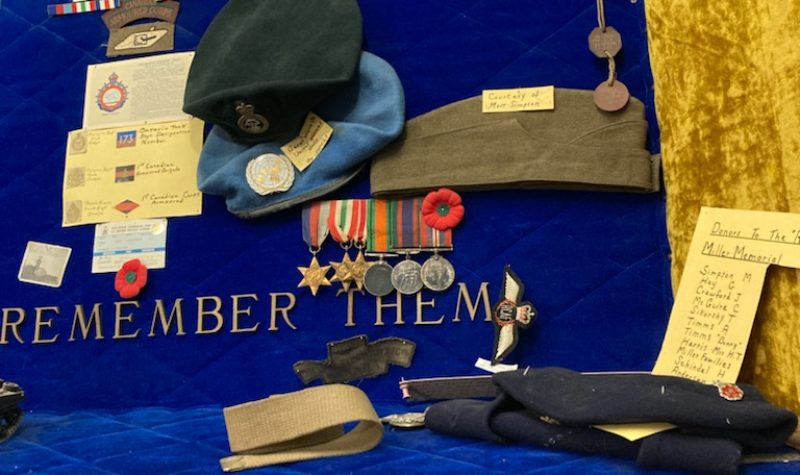The Royal Canadian Legion is a non-profit, national organization that serves Canadian war veterans and their families. It is best known for selling poppies every fall and organizing Remembrance Day ceremonies across the country.
In recent years, membership to Legions across Canada have dwindled, threatening the branches with closures. The added stress of COVID-19 measures on venues and gatherings only exacerbated the low attendance to Legions across the country.
According to the Royal Canadian Legion website history, the Legion was founded as The Canadian Legion of the British Empire Service League in Winnipeg in 1925, and incorporated by a special Act of Parliament and was issued its Charter in 1926.
Then, during World War Two, this organization worked to set up canteens and organize entertainment for Canadian troops. But when World War Two was over, many of the soldiers returning home were young veterans who required new supports from the Legion organization. The organization helped by advising them on pensions and other benefits available from the federal government.
In 1960, Her Majesty Queen Elizabeth II assented to the prefix “Royal” which was added to create its current name – The Royal Canadian Legion.
Joanne Woodbeck has worked at the Pleasant Valley Branch 249 in Houston BC for seven years. She herself did not serve in any wars, but many of her family members did.
"The Legion was not a part of my life growing up, even though I had many great aunts and uncles who served in the military. But once I came here and realized the services the Legion provides, I realized how valuable it is in the community."
Woodbeck is on CICK News speaking about the importance of Legions across Canada. The Pleasant Valley Branch 249 in Houston BC has struggled like many Legions, but they are moving forward with Remembrance Day plans this year, the first in three years, and celebrating the future of the Legion.
Listen to Pam Haasen's interview with Joanne Woodbeck below:


